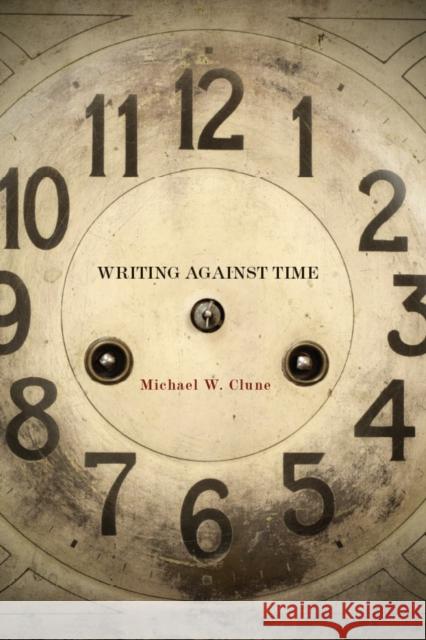Writing Against Time » książka
Writing Against Time
ISBN-13: 9780804770811 / Angielski / Twarda / 2013 / 200 str.
Writing Against Time
ISBN-13: 9780804770811 / Angielski / Twarda / 2013 / 200 str.
(netto: 424,47 VAT: 5%)
Najniższa cena z 30 dni: 440,24
ok. 22 dni roboczych.
Darmowa dostawa!
For centuries, a central goal of art has been to make us see the world with new eyes. Thinkers from Edmund Burke to Elaine Scarry have understood this effort as the attempt to create new forms. But as anyone who has ever worn out a song by repeated listening knows, artistic form is hardly immune to sensation-killing habit. Some of our most ambitious writers--Keats, Proust, Nabokov, Ashbery--have been obsessed by this problem. Attempting to create an image that never gets old, they experiment with virtual, ideal forms. Poems and novels become workshops, as fragments of the real world are scrutinized for insights and the shape of an ideal artwork is pieced together. These writers, voracious in their appetite for any knowledge that will further their goal, find help in unlikely places. The logic of totalitarian regimes, the phenomenology of music, the pathology of addiction, and global commodity exchange furnish them with tools and models for arresting neurobiological time. Reading central works of the past two centuries in light of their shared ambition, Clune produces a revisionary understanding of some of our most important literature.











